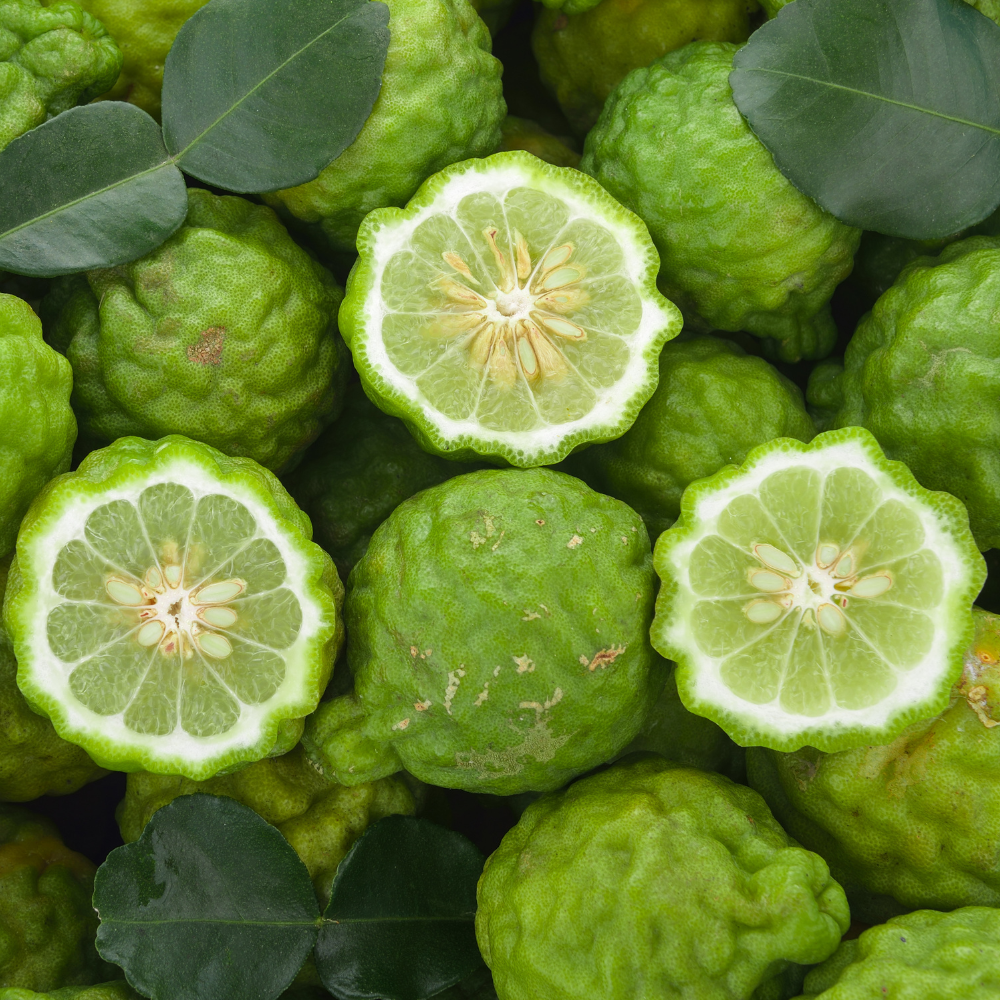
Why Are Organic Beauty Products More Expensive Than Regular Ones?
Share
In recent years, organic beauty products have gained popularity among health-conscious consumers. However, one common concern remains: Why are they often more expensive than conventional options?
Let’s explore the real reasons behind the price difference — and why it may actually be worth it.
1. Strictly Regulated Organic Ingredients
Unlike regular cosmetics, organic beauty products are made using natural ingredients grown without synthetic fertilizers, pesticides, or GMOs. These ingredients often come from certified organic farms, where yields are lower and farming is more labor-intensive.
👉 According to USDA Organic, certified organic products must meet strict agricultural standards, which increases production costs.
2. No Synthetic Preservatives
Conventional products often use preservatives like parabens to extend shelf life. While these are effective, they’ve raised concerns over potential health risks.
Organic products, by contrast, use natural preservatives such as vitamin E or essential oils. These are more expensive and often lead to shorter shelf lives, which requires faster and more careful distribution.
3. Eco-Friendly Production Standards
Most organic brands follow sustainable production practices — from using renewable energy sources to eco-conscious packaging (like recyclable or biodegradable materials). These practices help protect the planet but come with higher operational costs.
👉 ECOCERT, a leading European certification body, mandates strict environmental and packaging standards for organic cosmetics.
4. Small-Batch Manufacturing
To maintain high quality and traceability, organic beauty products are often produced in small batches. Unlike mass production, small-batch manufacturing increases cost per unit — contributing to higher retail prices.
5. Certification and Compliance Fees
Earning certifications like USDA Organic, COSMOS, or ECOCERT is no small feat. Brands must pay application fees, annual renewals, and undergo regular inspections — all of which add to the overall cost of bringing a certified organic product to market.
Final Thoughts
Organic beauty products are priced higher not because of marketing hype — but because of the integrity of their ingredients, their environmental commitment, and the rigorous standards they must meet. For consumers who value clean, safe, and sustainable skincare, this is more than a purchase — it’s a long-term investment in health and planet.
You can find more about organic certifications at COSMOS-standard.org
